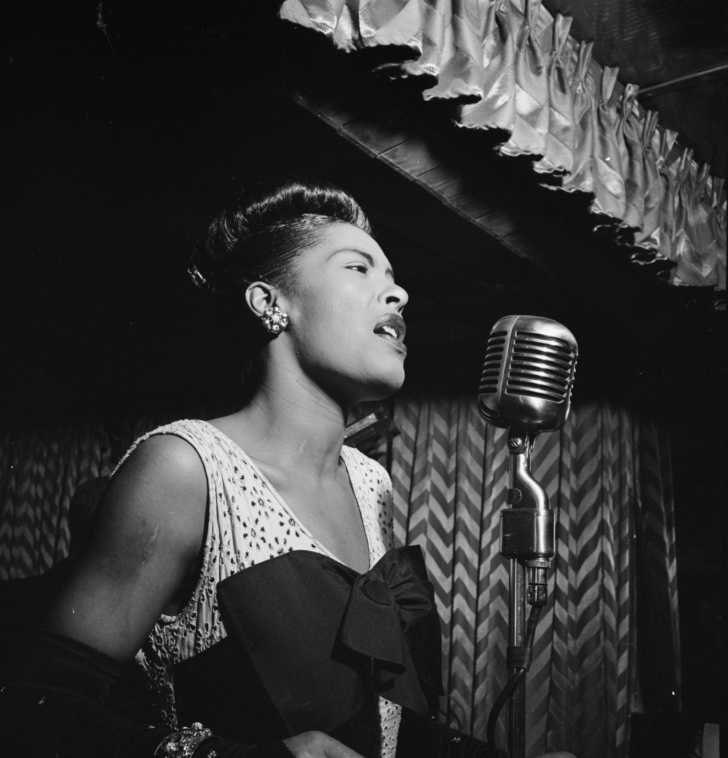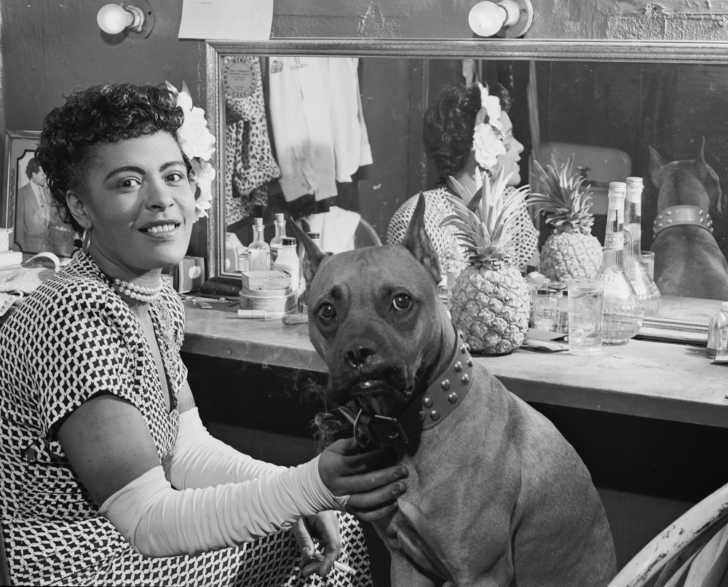The Hard Life of Billie Holiday
She’s an icon jazz music, but she wasn’t always so revered.
One of Billie Holiday’s most famous songs, “Strange Fruit”, was recorded in 1939. The song tells of how common lynching of African Americans was in the South in the first half of the 20th century. But, this protest song caused a number of problems for the singer when the Federal Bureau of Narcotics told her to stop singing the song- or else. At the time her star was rising, having achieved initial success with the song, “What a Little Moonlight Can Do”. She moved up in the entertainment world to work with great band leaders like Artie Shaw and Count Basie, but her success was hampered by her refusal to give up “Strange Fruit”.

A new film called The United States Vs. Billie Holiday tells this story that few people have ever heard before. CBS Sunday Morning interviewed one of the film’s producers, Lee Daniels, as well as the star of the film, Andra Day, in anticipation of the release of the film on Hulu.
Of course, in 1972 Diana Ross famously played Holiday in Lady Sings the Blues. But, instead of telling the story of a singer in love, Daniels wanted to tell the story of how Holiday battled for civil rights and made a protest song into a cultural touchstone- which at the time was not at all common. Holiday put her professional career on the line to perform a song that she very deeply believed in and connected to and it hurt her career in ways she never anticipated.

Watch the full interview with Daniels and Day in the video below.
SKM: below-content placeholderWhizzco for DOT

